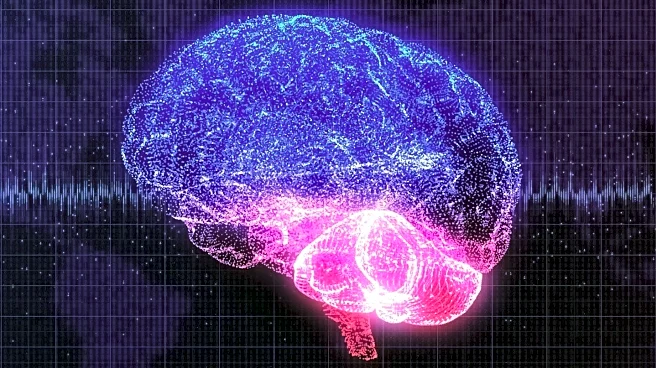What's Happening?
A study published in the journal Intelligence has found that the best years for brain function occur much later in life than previously believed. The research, led by Gilles E. Gignac, reviewed data on reasoning,
memory span, processing speed, knowledge, and emotional intelligence, concluding that psychological functioning peaks between ages 55 and 60. Traits such as conscientiousness and emotional stability reach their maximum in later life, with moral reasoning and resistance to cognitive biases improving into the 70s and 80s.
Why It's Important?
The findings challenge common perceptions about aging and cognitive decline, suggesting that older individuals may possess enhanced psychological traits beneficial for leadership roles. This could influence hiring practices and societal attitudes towards aging, promoting age-inclusive policies. The study underscores the importance of recognizing the value of older adults in the workforce, potentially leading to more equitable employment opportunities and reducing ageism.
What's Next?
The study's results may encourage organizations to reconsider mandatory retirement ages and invest in age-inclusive hiring practices. As the population ages, there may be increased demand for policies that support older workers and leverage their cognitive strengths. Further research could explore how lifestyle factors, such as diet and physical activity, contribute to maintaining cognitive function in older age.
Beyond the Headlines
The study highlights the need for societal shifts in how aging is perceived, advocating for a recognition of midlife as a period of peak psychological functioning. It also raises questions about the ethical implications of age discrimination and the importance of fostering environments that support lifelong learning and cognitive engagement.










